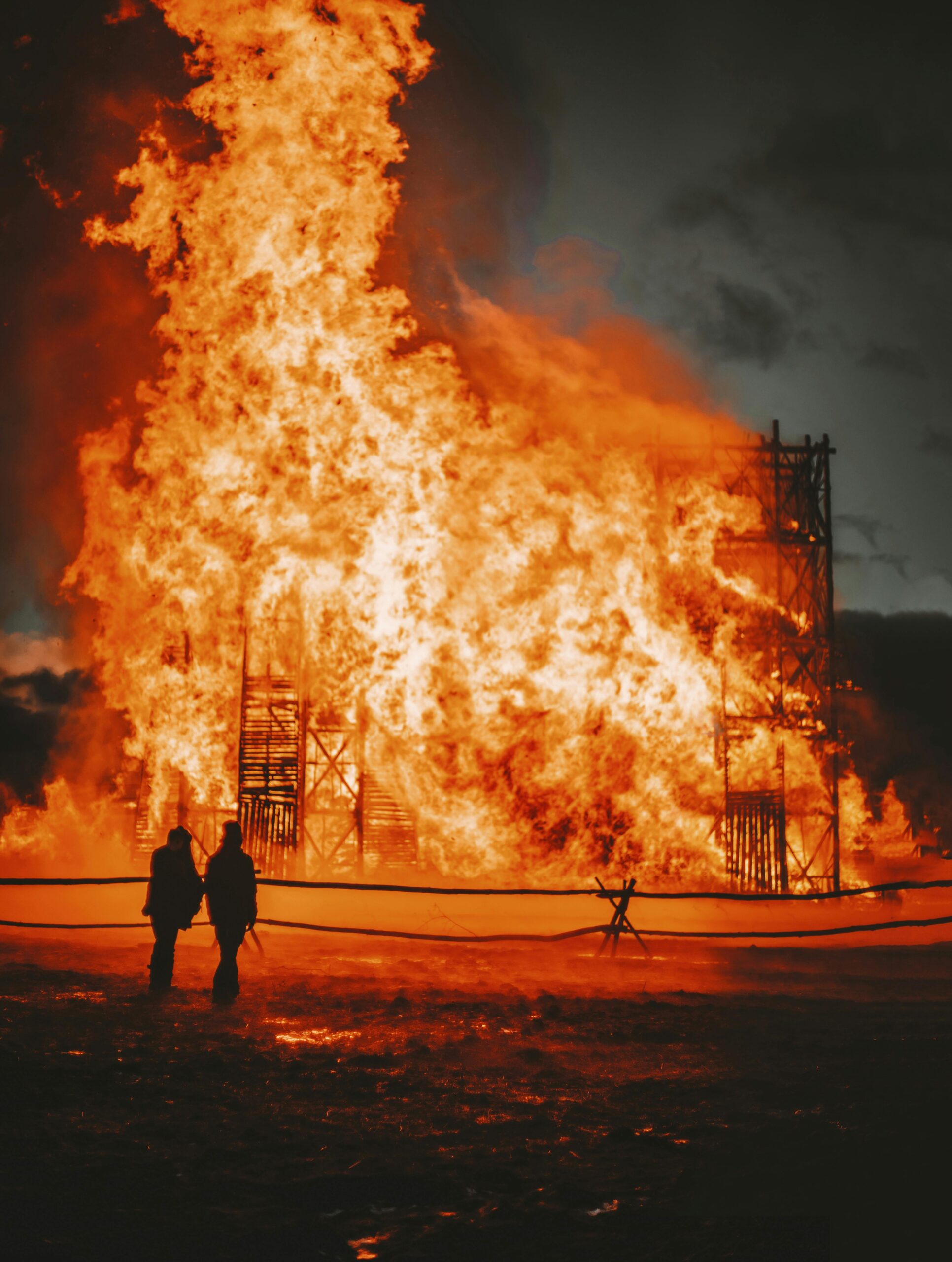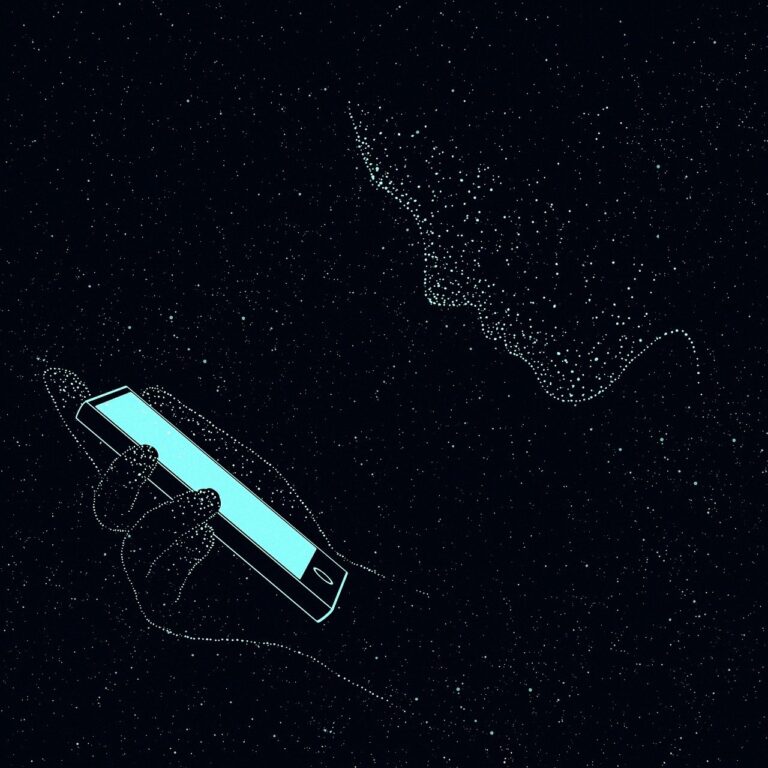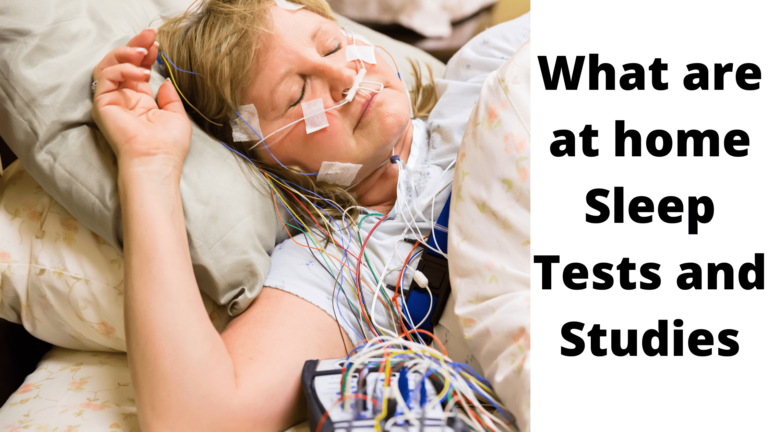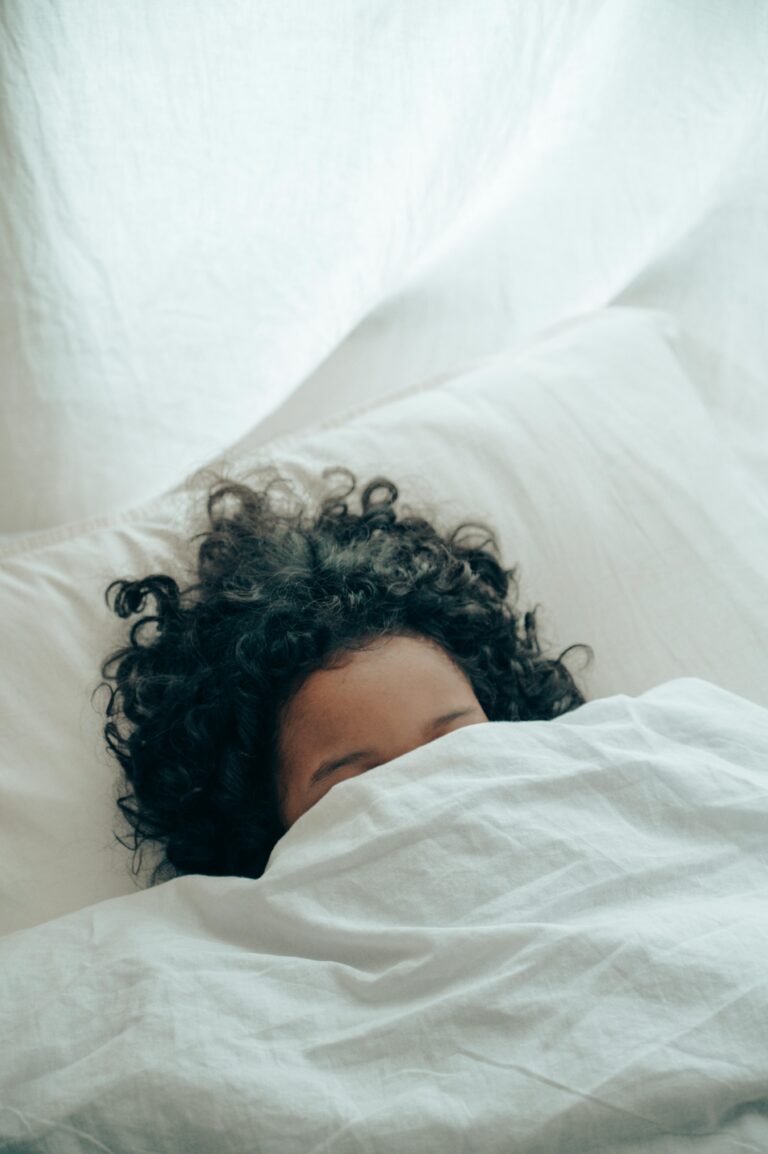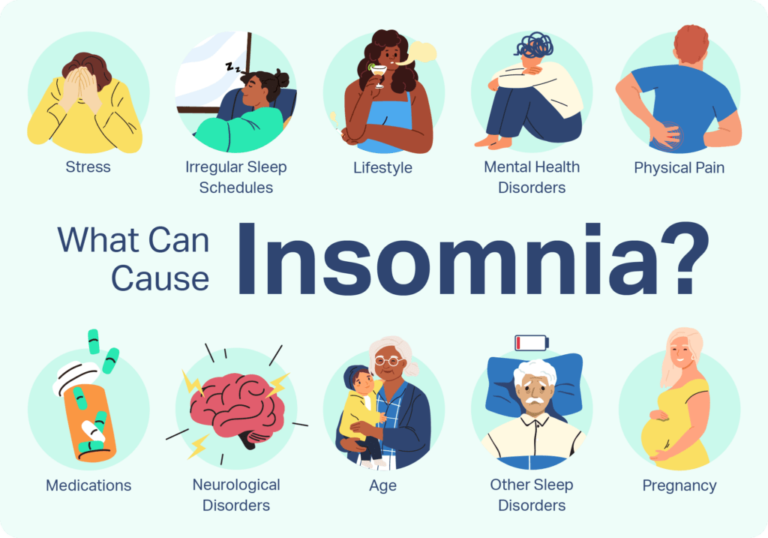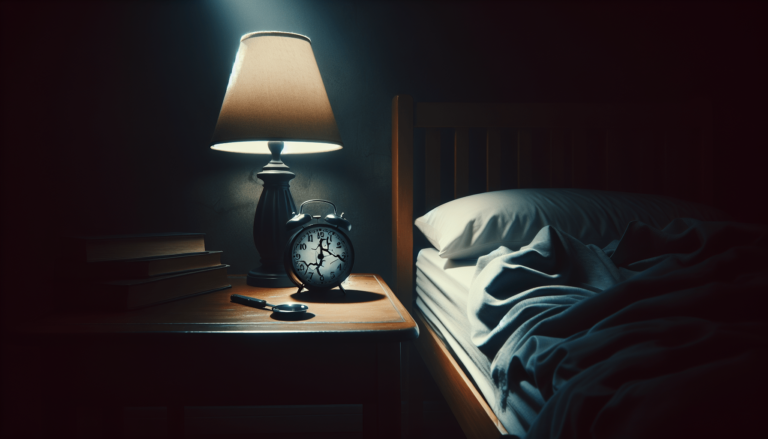What Are The Dangers Of Sleep Walking In Adults?
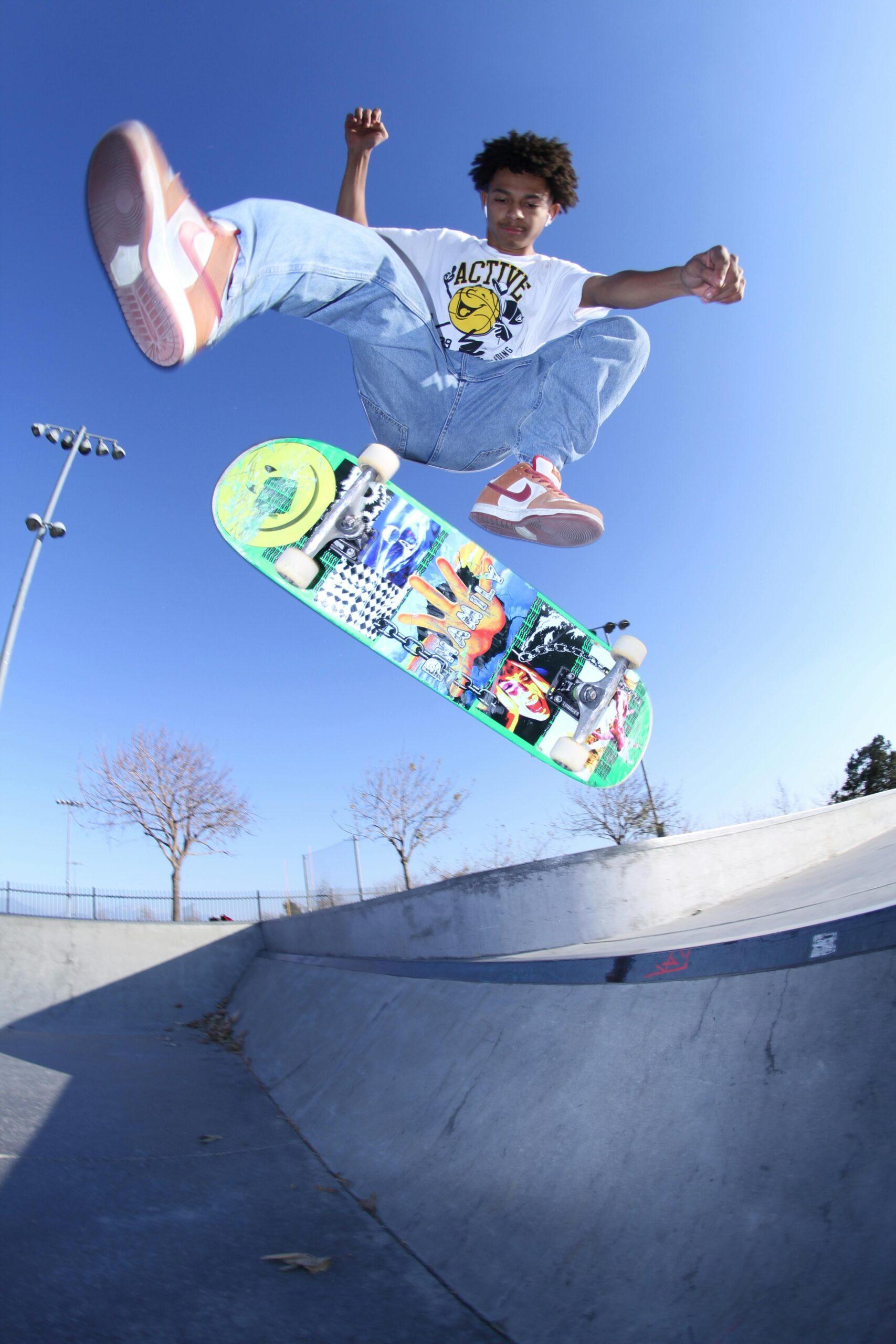
Have you ever wondered how dangerous sleepwalking can be for adults? Imagine going to bed, falling asleep peacefully, and then suddenly waking up somewhere unfamiliar or discovering you’ve done something you have no memory of. For many adults, this isn’t a scene from a horror movie—it’s a real-life nightmare caused by sleepwalking.

What Are The Dangers Of Sleep Walking In Adults?
Sleepwalking, or somnambulism, is a sleep disorder that involves walking or performing other complex behaviors while still asleep. Many people may think it’s just an amusing quirk, but sleepwalking in adults can have serious consequences.
Physical Injuries
One of the most immediate dangers of sleepwalking in adults is the potential for physical injuries. When you’re sleepwalking, you’re not aware of your surroundings, which increases the risk of accidents.
Falls and Trips
Navigating a dark house when fully awake can be a challenge. Now, imagine doing it while unconscious. Falling down stairs, tripping over furniture, or accidentally walking into walls are common mishaps that can lead to minor to severe injuries.
Hazardous Activities
Sleepwalkers have been known to engage in extremely dangerous activities, like cooking, using sharp objects, or even driving. These activities pose significant risks not only to the sleepwalker but also to anyone else in the home or on the road.
Emotional and Psychological Impact
Another layer of danger associated with sleepwalking in adults is the emotional and psychological toll it can take.
Anxiety and Stress
Constant worrying about what might happen during an episode can lead to heightened anxiety and stress. This can be particularly distressing if you live alone or if your sleepwalking episodes involve potentially hazardous activities.
Relationship Strain
Sleepwalking can also put a strain on relationships. Partners or family members may find it hard to get regular sleep, always being on alert for a sleepwalking episode. This lack of rest and constant worry can lead to friction and misunderstandings.
Legal and Financial Repercussions
You might not immediately think of legal or financial risks when considering sleepwalking, but these are very real dangers.
Property Damage
Imagine waking up to find that you’ve caused significant damage to your own property, or worse, to someone else’s. From breaking valuable items to causing water or fire damage, sleepwalking can be costly.
Legal Issues
Sleepwalking has led to various legal ramifications, including cases where sleepwalkers have inadvertently broken the law. Activities like driving can result in accidents, for which you could be held liable, leading to legal fees and potential lawsuits.
Disrupted Sleep Patterns
Sleepwalking can also correlate with poor sleep quality, affecting your overall well-being.
Sleep Disruption
Both the sleepwalker and anyone sharing the home often experience disrupted sleep, leading to fatigue, irritability, and decreased overall functioning during the day.
Sleep Deprivation
Chronic sleep disruption can lead to sleep deprivation, which in itself poses numerous health risks, including weakened immune function, cognitive impairments, and increased susceptibility to mood disorders like depression and anxiety.
Medical Complications
Lastly, sleepwalking in adults can be indicative of underlying medical conditions that need attention.
Sleep Disorders
Sleepwalking is sometimes associated with other sleep disorders, such as sleep apnea or restless legs syndrome. Identifying and treating these conditions can often help mitigate sleepwalking episodes.
Mental Health Issues
Sleepwalking can also be linked to mental health issues such as depression, anxiety, and post-traumatic stress disorder (PTSD). Addressing these underlying issues can be essential for effective management of sleepwalking.
Addressing The Risks And Finding Solutions
Preventing and managing sleepwalking involves a multi-faceted approach. One key resource for understanding and treating sleepwalking is Vector Sleep Diagnostic Center.
About Vector Sleep Diagnostic Center: Where Expertise and Compassion Converge
Vector Sleep Diagnostic Center is led by Dr. Dmitriy Kolesnik, a board-certified sleep medicine specialist with over two decades of experience. Dr. Kolesnik’s academic background includes studies at St. Petersburg Medical School in Russia and extensive medical practice in New York since the early 1990s.
Contact Us: Get Professional Help Today
Vector Sleep Diagnostic Center offers unparalleled patient support and diagnostic excellence for sleep disorders. Contact us today to schedule an initial consultation.
Academic and Clinical Excellence
Dr. Kolesnik, who has been serving as a Clinical Instructor in Neurology at the Weill Medical College of Cornell University since 2004, ensures that our treatment methods are informed by the latest research and advancements.
Our Comprehensive Care Model
Initial Consultation
Your first step at Vector Sleep Diagnostic Center is a comprehensive evaluation lasting about an hour. This session includes a detailed discussion of your sleep history, lifestyle, and any symptoms.
Specialized Evaluations
If sleepwalking is a concern, specialized evaluations can uncover any underlying conditions and tailor treatment plans to your specific needs.
Specialized Services
Comprehensive Sleep Apnea Care
Vector specializes in diagnosing and treating sleep apnea, a condition often linked with other sleep disorders, including sleepwalking. Services include CPAP titration and other therapies tailored to meet your needs.
Insomnia Solutions
Our Insomnia Solutions program identifies root causes and provides treatments for better, more restful sleep.
Follow-Up And Continuous Care
We offer continuous care to ensure your treatment remains effective. Our follow-up programs are designed to evolve with your needs, focusing on long-term sleep health.
The Importance of Sleep Education
Vector Sleep Diagnostic Center believes that knowledge is power. Our sleep education resources, including interactive workshops, online modules, and one-on-one counseling, empower you to manage your sleep health more effectively.
Cutting-Edge Sleep Studies
We employ a variety of sleep studies, such as overnight polysomnography and home sleep apnea tests, to diagnose sleepwalking and other sleep disorders accurately.
Summary
Understanding and addressing the dangers of sleepwalking in adults is critical for safeguarding your physical, emotional, and psychological well-being. Whether it’s through understanding the immediate risks like physical injuries or the long-term impacts such as legal ramifications and disrupted sleep patterns, awareness is the first step toward effective management.
For specialized care and comprehensive treatment options, Vector Sleep Diagnostic Center, led by the experienced Dr. Dmitriy Kolesnik, offers a full spectrum of services designed to improve your sleep health. From initial consultations to specialized evaluations and continuous follow-up, the center’s commitment to patient care is unparalleled. Contact Vector Sleep Diagnostic Center today to take the first step toward a healthier, more restful future.


